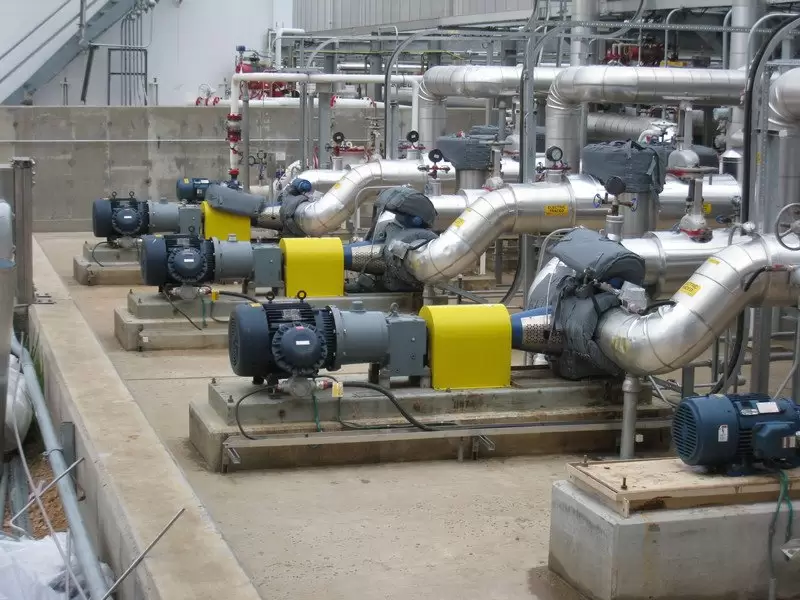By James Muonwa
CENTRAL Government has been challenged to take a paradigm shift to finance construction of new water works and upgrade existing plants inorder to end perennial water crises in urban settlements and resultantly attract investors.
Speaking during the National Pre-Budget Seminar in Bulawayo this week, Chinhoyi Member of Parliament (MP), Leslie Mhangwa blasted Finance Minister, Mthuli Ncube for limiting his scope of water infrastructure funding to dams and boreholes, particularly in rural areas and ignoring the plight of urban dwellers.
Mhangwa lamented the minister’s lethargy, for the last 24 months, to rescue urban local authorities from the debilitating water challenges that has seen a dearth in investments.
“For the last two years, l have noted that the Minister of Finance, when he speaks about water infrastructure it is limited to either dams or boreholes. There is silence in terms of the infrastructure like water treatment and downstream equipment.
“It is my proposal that if we are to talk of any investment without proper, reliable and sufficient water in towns then we will not achieve our goals of bringing investment,” said Mhangwa, who is an engineer by profession.
Chinhoyi MP, Engineer Leslie Mhangwa
The Chinhoyi constituency lawmaker proposed a deliberate shift towards establishing new water works and revamping the antiquated ones.
“So, it is a priority that there is a programme specifically for water treatment works in urban towns (involving) refurbishment and new works, this is my submission,” Mhangwa said.
The legislator suggested taking a cue from the Transport ministry’s partially successful Emergency Road Rehabilitation Programme (ERRP) so that the Local Government ministry adopts an Emergency Water Rehabilitation Programme.
Inorder to secure funding from banks and other lenders, Mhangwa proposed urgent transfer and regularisation of ownership of peri-urban farms reserved for town expansion so that councils can use land as loan guarantees to get money and address urban water challenges
Going into 2025, he added, water provision should be prioritised.
“It’s not optional but mandatory to provide citizens with water,” Mhangwa said.
All cities and towns across Zimbabwe are experiencing worsening water shortages owing to archaic infrastructure inherited from the colonial regime. The infrastructure is now overstretched due to ballooning populations and recurrently breaking down.
Hamstrung local authorities, which are mandated to mobilise internal funds or borrow from financial institutions, have been struggling to raise the millions in United States dollars to pump into augmentation projects to stem water crises, hence the calls for Central Government to intervene.
